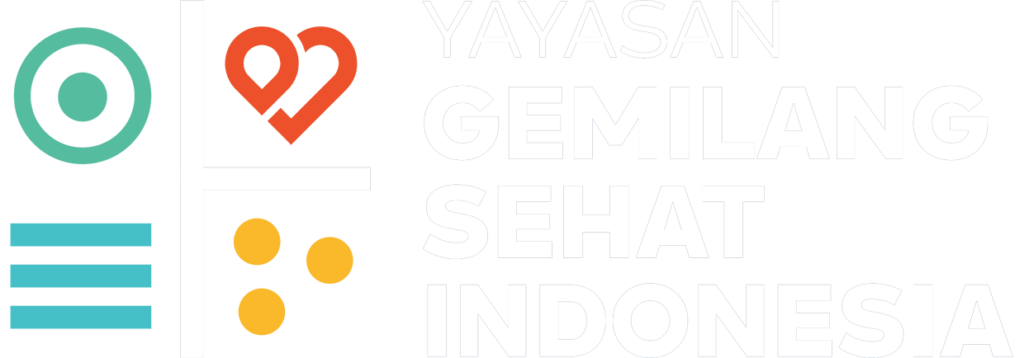| Post | Call for consultant(s) to conduct Operational Research Study on Social Norms (Harmful and Protective) in Indonesia for Rutgers Indonesia |
| Duty station | Kabupaten Langkat, Kabupaten Garut, Kabupaten Jombang, Kabupaten Lombok Timur, Kota Palu |
| Type of Contract | Concultancy Contract |
| Contract duration | One year and possible to be extended depending on the performance evaluation (40 hours per week maximum) |
| Language | Indonesian |
| Contract Duration | 4 months |
| Start Date | August 2022 – November 2022 |
A. Introduction
Rutgers (Ruang Temu Generasi Sehat) Indonesia believes that human sexuality and reproductive health must be viewed positively without judgment and free from violence and has a vision of realizing empowered Indonesian young people towards a healthy generation, recognized and respected for human rights, justice, equality and inclusiveness. This is reflected in its programs, including for the next 5 years program (2021-2025), namely RHRN2 (Right Here Right Now 2), Power to Youth, and GenG (Generation Gender).
The RHRN2 program is a program implemented by a coalition composed at the global and national levels. Young people of various identities, especially those aged 15-35 years, are at the center of the program’s approaches and activities. In the next 5 years, young people especially from the provinces of North Sumatra (Langkat), West Java ( Indramayu), and East Java (Jombang) will be the reach of the program.
The Power to You(th) program is a five-year program (2021-2025) which has a strategic objective to contribute to adolescent girls and young women from underserved communities to be significantly involved in the decision-making process regarding child marriage, harmful practices for adolescent girls and young women (AGYW), and teenage pregnancy. To be able to achieve these strategic goals, the Power to You(th) Program identified five groups of actors as focus: young people, civil society organizations (CSOs), community actors, state actors, and the media. This program is implemented in 3 provinces: West Java (Garut), East Java (Jember) and West Nusa Tenggara (East Lombok).
The Generation G program strives towards the creation of gender-just and violence-free societies with and for young people in their full diversity. It raises public support, advocates for improved policies and laws, and strengthens civil society as a way to contribute to gender justice. Generation G Indonesia expects to see: A gender-just and violence-free Indonesian society that is inclusive and supportive to youth (men, women and other groups). The long-term objectives of the programme are (1) A growing number of young men and women are mobilized to promote gender justice and prevent GBV on and offline; (2) Decision-makers increasingly adopt, adapt, implement and are accountable for gender- transformative and youth-inclusive policies and laws; (3) Civil society for gender justice is increasingly resilient, effective, gender-transformative and youth-inclusive. This program is implemented in 3 areas: DKI Jakarta, West Java and Palu City.
Across the three programmes, Rutgers Indonesia is committed to apply Gender Transformative Approach (GTA) as a guiding strategies and activities. Gender transformative approaches (GTA) are activities, policies and programmes that actively strive to transform harmful gender norms with the aim to promote gender justice for all. GTA works to actively understand the root causes of harmful gender norms and creates interventions and activities that work to address gender inequality at its root. To be able to transform harmful gender norms we need to identify them and understand the context of how they are most promoted and sustained. At the same time, we also need to inquire what positive and or competing norms that have lived in the same area that are more positive towards gender justice.
Norms play crucial roles in child development, how we interact with each other, and how people maintain a ‘society’ (maintain order and survival/ sustainability of a society). Norms influence behaviors and attitudes, while not being directly visible. Some norms are harmful, especially to girls, women, young people, and other marginalized individuals. Thus, it is of importance to understand harmful and positive norms in relation to foster the fulfilment of gender equality in relation to SRHR (Sexual Reproductive Health and Rights) and SGBV prevention. However, we still need to find out what specific norms that are harmful and impede the realization of the abovementioned rights, especially in specific targeted areas where the three programmes try to influence change.
Understanding specific harmful and positive norms and the power of those norms to a community as well as the people (reference groups) that keep these norms in place, will help navigate the three programmes addressing them and empower young people, women, and other marginalized groups to be able to be freed from such norms and create more liberated/ equal one. 1 Finding positive shared values “can help leverage positive shared values and negotiate new ways to embody those values in genderequitable relations” (STRIVE: 2018, p. 22).
The result of this research will inform the programme team of PTY, Gen-G, and RHRN2 and CSO partners to navigate program strategies and awareness campaigns.
Responding to the above, Rutgers Indonesia seeks (a) consultant(s) to conduct operational research study for Rutgers Indonesia programs to find the best strategy that can support program implementation of Rutgers Indonesia, we aim to recruit (a) consultant(s) to l undertake an operational research in the 5 intervention areas (Langkat, Garut, Jombang, East Lombok, and Palu) in 5 provinces where all three programmes operates, i.e. North Sumatra, West Java, East Java, Lombok, and Central Sulawesi. The consultancy will be contracted for the period of August – November 2022.
B. Scope of Work
The Consultant will be responsible to develop research design, methodology, instrument, data collection, analysis, and report writing. The consultant shall ensure all steps comply with Rutgers core principles (see below). Rutgers Indonesia will be in close coordination with the consultants at all steps of the research and partners in 6 intervention areas. Document reviews and preliminary workshops with the Rutgers team and partners in 6 intervention areas will be carried out first to obtain basic information on targeted behaviors and underlying social norms before further data collection.
C. Objectives
The operational study aims to find:
- What are harmful and protective social norms in the targeted communities in five areas that prevent and contribute to gender-based violence and how prevalent are these norms,
- What are the attitudes and beliefs behind such norms and how were these norms socialized and internalized into individual belief systems
- How communities perpetuate those specific norms (the kind of people guarding the norms, giving rewards and punishment/ sanctions if certain norms are or have not complied)
- Identify recommendations for social norm change campaigns and programming to tackle and prevent gender based violence
D. Task to be Performed
- Develop study design, methodology, sampling methods, planning and quality control procedures;
- Conduct preliminary workshop with RHRN2, PowertoYouth, Generation G partners to collect and consult preliminary information on specific issues of social norms in the targeted areas and to consult data collection tools.
- Apply for ethical review and research permit● Organize the data collection team (if possible include young researchers and gender balanced) and coordinate data collection
- Analyze the data related;
- Write up the results in a draft report (in a coherent way for the full program to be able to reflect on);
- Coordinate and lead the validation workshop;
- Write the final report including strong recommendations for campaigns/ programme implementation;
- Ensure incorporation of all COVID19 measures and restrictions.
D. Qualifications and Skills
- Strong interpersonal and oral communication skills;
- Ability to work well in multi-disciplinary and multi-cultural teams;
- Strong interpersonal skills, in particular, demonstrated team leadership qualities;
- Displays cultural, gender, religion, and age sensitivity and adaptability;
- High level planning, organizational and time management skills;
- Ability to quickly adapt to change, and to remain calm under pressure;
- Excellent analytical, communication and report writing skills.
- Strong qualitative experience in gender equality research in different cultural backgrounds, especially research that captures harmful social norms.
- Familiar with methods on social norms such as SNET (Social Norms Exploration Tools) and Social Norms Diagnostic Tools
- Post graduate degree/s in fields such as Development studies, Social Sciences, Gender related studies
- Experience with campaigning is an advantage
Compliance with core principles
- Applies gender-transformative values and principles;
- Inclusive;
- Do no harm;
- Meaningful and inclusive youth participation (MIYP);
- Accountability.
E. Budget
Budget for this study is up to Rp 500,000,000


